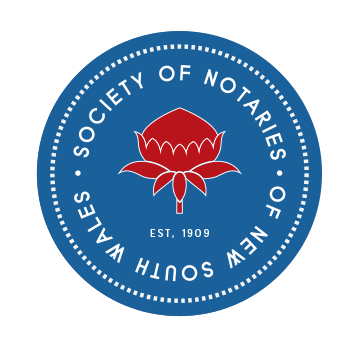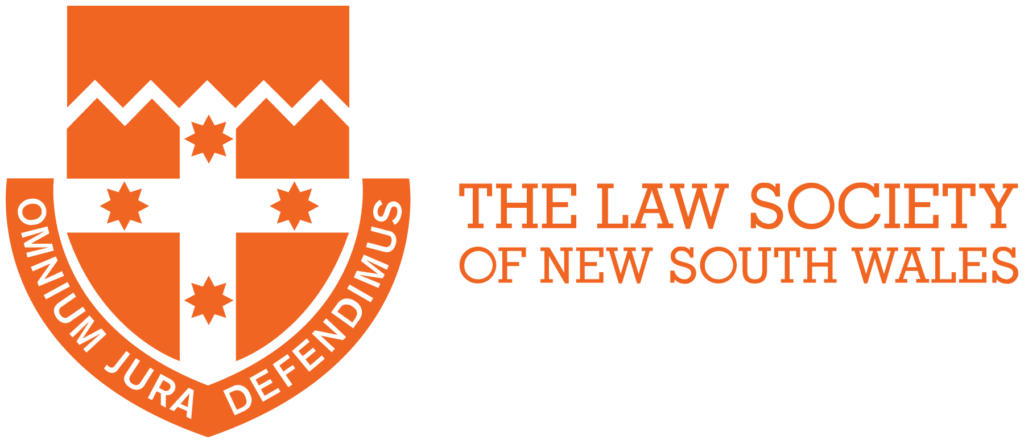Copyright vs Trademark
We explain what copyright and trademarks protect, clarify registration requirements, and identify the legal gaps that leave Australian brands exposed when launching, rebranding, or commissioning creative work.


Secure Your Legal Advantage
500+
Your brand deserves to be yours, no question. Join 500+ others who’ve secured trade marks built to grow, scale, and stand out globally.
$10M +
With over $10 million recovered, our clients move forward with renewed clarity, free from delays, distractions, and the weight of unresolved matters.
2,000 +
We’ve helped over 2,000 companies scale, advising on the deals, hires, and legal frameworks behind expansion, funding, and ownership.
40 Years
With 40 years of experience, we’ve all seen the challenges you’re facing. We’ll help you avoid the mistakes others have made.













Understanding Copyright vs Trademark Under Australian Law
Copyright
Copyright protects original creative work.
This includes:
- writing
- images
- design files
- video content
- software code
- music, and other recorded materials.
In Australia, copyright protection arises automatically when the work is created and fixed in a tangible form. There is no registration process under the Copyright Act 1968 (Cth).
Many businesses assume that paying for a creative work means they own it. In most cases, that is incorrect. Unless the work is created by an employee in the course of their employment or there is a written assignment, copyright remains with the original creator. This applies to work produced by freelancers, contractors, agencies, and even former team members.
If a business cannot prove that it owns copyright, it may have no basis to enforce its rights. This becomes a problem during platform takedowns, licensing negotiations, or commercial disputes. Because there is no public register, ownership must be demonstrated through contracts, communications, timestamps, and clear authorship.
Copyright protects expression, not ideas. It does not protect names, logos, taglines, or branding elements used to identify a business. That is the function of a trade mark.
Trademark
A trade mark is a sign used to distinguish your goods or services from others.
This includes:
- your business name,
- logo
- slogan
- and other distinctive brand assets.
To gain formal protection in Australia, a trade mark must be registered through IP Australia under the Trade Marks Act 1995 (Cth).
Registration provides exclusive rights to use the mark for the goods or services listed in the application. These are structured into classes. The wording used in the application must reflect how the business actually trades. Overbroad, vague, or irrelevant descriptions weaken the enforceability of the mark and can lead to rejection or opposition.
Registering a business name, company, or domain does not grant trade mark rights. Without formal registration, a business is limited to enforcing its position through common law passing off or misleading conduct claims under section 18 of the Australian Consumer Law. These actions are slower, less predictable, and more difficult to prove than enforcing a registered right.
A registered trade mark creates a clearly defined legal position. It gives the owner control over the use of the mark and the ability to stop competitors from using names or branding that are identical or deceptively similar.
Why Copyright vs Trademark Clarity Matters Before You Hire, File, or Scale
Most IP issues don’t come from neglect. They come from good businesses doing what seems logical, hiring someone to create a logo, registering a business name, and launching a product without checking who owns what or how the law applies.
This section outlines how we approach copyright and trade mark matters at Lazarus Legal. It’s not a sales pitch. It’s what we’ve found works in practice when the brand, the content and the contracts all have to hold up later.
"The biggest IP mistakes aren’t reckless. They’re assumptions." — Mark Lazarus,

We review both regimes at the same time
Clients often bring us a trade mark question when the real risk sits in copyright. Or vice versa. We don’t treat the two as separate areas. We review how your assets were created, who owns them, what you’re using in the market, and whether your legal position actually matches your assumptions.

We file trade marks based on how the business operates, not templates
A brand is not a category. We scope trade mark applications based on how your business presents itself to the market, where confusion could arise, and what competitors already exist in the class. Our filings are written to reflect actual usage and enforcement context, not pre-filled class descriptors.

We retrofit copyright control into contracts without starting from scratch
Most businesses already have contracts in place with freelancers, agencies or platform providers. We work with what you have. We revise the terms to clarify copyright ownership, insert missing clauses where needed, and avoid unnecessary renegotiation. The focus is on clean control, not redrafting everything.

We clarify what’s already secure and what to tighten if the business grows
Not everything needs immediate fixing. We often tell clients where they’re already covered, and where the gaps are likely to become relevant. This is especially important if you’re planning to raise capital, sign licences, or scale a product. We give you a clear path without manufacturing urgency.
Copyright vs trademark: workshop, filing, and response fees
Our transparent, fixed-fee pricing ensures you know exactly how much do lawyers charge for trademark registration and protection. We offer tiered packages based on the complexity of your needs.
Note: These prices do not include disbursements payable to IP Australia. Government fees vary depending on the number of classes and filing method. We provide clear estimates before any work begins.
Trademark & Copyright Workshop
One-hour online session with a lawyer. We map what you own, flag gaps and assignment needs, and walk you through filing on IP Australia, class selection, evidence of use, and how to avoid refusal or opposition.
Ideal for early-stage businesses.
Full Trademark Application
(excluding statutory declarations)
Trademark Rejection Reponse
We review the examiner’s report, assess your position, and draft a clear, targeted response. Includes advice on evidence of use, rewording the scope, or arguments against confusion. Scoped as a fixed-fee service based on complexity. No templated replies.
(excluding statutory declarations)
$7,000 + GST
Carly Shamgar
Best of the best. Professional, prompt and always offering excellent advice. I’ve used Mark and his team for multiple businesses from a tech start up to more established businesses. Mark has advised on employee contracts, shareholders agreements, trade marks and more. I wouldn’t use any other legal service provider.
We’ve worked with Lazarus Legal on several matters and couldn’t be happier with the professionalism, clarity, and strategic support they’ve provided throughout. Most notably, they guided us through a complex trademark application, offering expert insight and genuine commitment to getting the outcome we needed. Read more.
- Ready when you are
Copyright vs Trademark? Let us help you decide
Note: These prices do not include disbursements payable to IP Australia. Government fees vary depending on the number of classes and filing method. We provide clear estimates before any work begins.
Common copyright vs trademark issues and how we answer them
What’s the legal difference between copyright and a trade mark in Australia?
The main difference is that copyright protection arises automatically under the Copyright Act 1968 (Cth), while trade mark protection requires registration through IP Australia under the Trade Marks Act 1995 (Cth). Copyright covers original creative works such as writing, images and music. A trade mark protects the signs that identify your business in commerce, such as names, logos and slogans. IP Australia explains this distinction clearly: copyright protects the creative output, whereas trade marks secure your brand identity.
If I paid for a logo, do I own the copyright and trade mark rights?
No. Payment alone does not transfer copyright. The Copyright Agency notes that copyright remains with the creator unless there is a written assignment, even if you commissioned and paid for the work. Trade mark rights are separate again, they only arise if you file and register the logo with IP Australia. Many businesses discover this gap when they try to enforce brand rights and find they never obtained copyright ownership in the underlying design.
Do I need both copyright and a trade mark to protect my brand?
Is registering a business name the same as trade mark protection?
How common are trade mark rejections in Australia?
Rejections are frequent. According to IP Australia’s 2023 IP Report, more than 4,000 examiner objections were issued in a single year, and over 1,100 formal oppositions were lodged. The most common reasons include poor class descriptions, similarity to existing marks, or inadequate evidence of use. These statistics underline why correct scoping and drafting matter: vague or rushed applications often fail, while well-prepared filings are far more likely to succeed.

